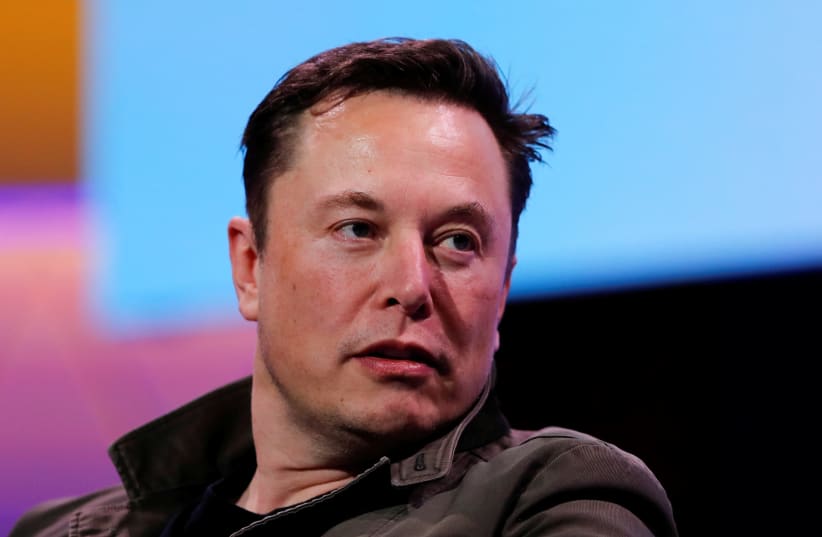Neuralink hopes to have their first implant devices in humans by 2022, pending FDA approval, Elon Musk said in an interview with the Wall Street Journal, hoping they could restore full-body functionality to quadriplegics.
"Our standards for implanting the device are higher than what the FDA requires," Musk said in a video interview during the Wall Street Journal's CEO Council Conference.
"I think we have a chance with Neuralink to restore full-body functionality to someone who has a spinal cord injury," Musk added.
"I think we have a chance, and I emphasize a chance, to be able to allow someone who cannot walk or use their arms to be able to walk again naturally.
Tesla and SpaceX founder Elon Musk speaks with WSJ’s @JoannaStern at #WSJCEOCouncil https://t.co/OiyO7UJuMz https://t.co/0xUmYBJH9b
— The Wall Street Journal (@WSJ) December 7, 2021
"I don't want to raise hopes unreasonably, but I'm increasingly convinced that this could be done."
Neuralink made waves in the spring of 2021 when a video of a monkey implanted with a Neuralink implant was seen playing a video game telepathically.
The promising experiment showed off an early step toward the goal of curing human diseases with the same type of implant in order to enable people with paralysis to directly use their neural activity to operate computers and mobile devices with speed and ease.
On Twitter, the billionaire entrepreneur clarified that "I am definitely not saying that we can for sure do this, but I am increasingly confident that this is possible."
I am definitely not saying that we can for sure do this, but I am increasingly confident that it is possible
— Elon Musk (@elonmusk) December 7, 2021
Musk also spoke to the Wall Street Journal about the Starship project, a SpaceX class of reusable launch vehicles that could essentially act as a cost-competitive means of accessing outer space, which he said has taken up more of his mental energy than any other.
"This is a profound revolution in the access to orbit," he said. "This is the holy grail. This is the necessary breakthrough to turn humanity into a spacefaring civilization." He added, however, that this is "preposterously difficult."
